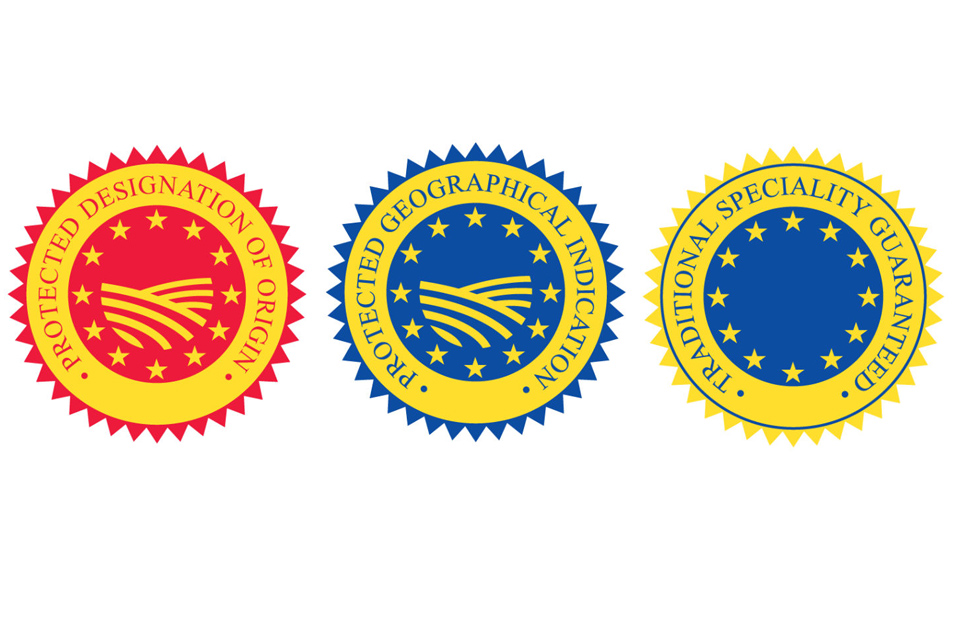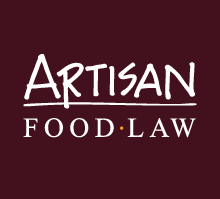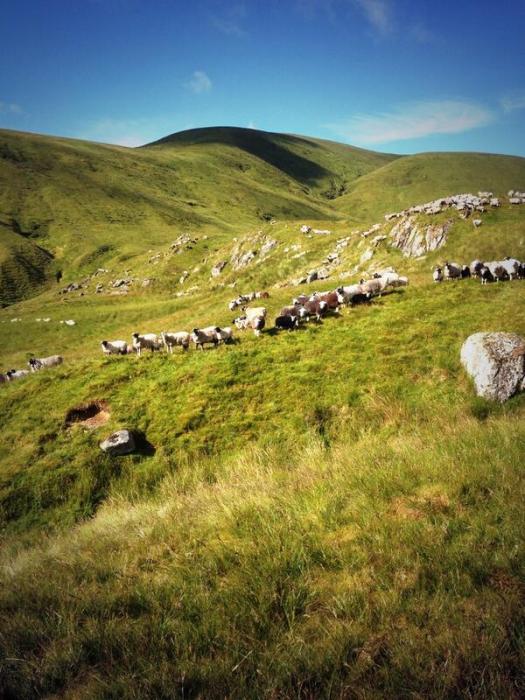‘Mountain product’ now an optional EU quality term for food products
New rules governing the use of the description ‘mountain product’ as an optional quality term for food products coming from mountain areas came into force last month. This is the first optional quality term to be introduced under Regulation (EU) 1151/2012 which aims to highlight products with an added value, but which are not covered under other EU quality labels. The hope is that it will give a boost to farmers in mountain areas.
Mountain areas are defined in Article 18 of Regulation (EC) 1257/1999 as those characterised by a considerable limitation of possibilities for using the land and appreciable increase in the cost of working it due to:
- The existence, because of altitude, of very difficult climatic conditions, the effect of which substantially shorten the growing season.
- The presence, at a lower altitude, over the greater part of the area of slopes too steep for the use of machinery or requiring the use of very expensive special equipment.
- A combination of these factors, where the handicap resulting from each is less acute but their combination gives rise to an equivalent handicap.
The 2012 Regulation stated that use of the term ‘mountain product’ on foodstuffs requires that feedstuffs and raw materials for products should come essentially from mountain areas and, in the case of processed products, should be produced in mountain areas. Regulation (EU) 665/2014 provides greater clarity and specifies, for example, that the term may be applied to products made from animals reared for at least the last two-thirds of their life in mountain areas, if the products are processed in those areas. Feedstuffs for animals from mountain areas should represent at least 50% of the annual animal diet or, in the case of ruminants, 60%. In the case of pigs, since there is a much lower level of feedstuffs grown in mountain areas, the percentage is 25%.
The term ‘mountain product’ may be used for honey and other products of beekeeping where the bees have collected nectar and pollen only in mountain areas, although sugar fed to bees need not come from mountain areas.
Since production facilities are often insufficient in mountain areas, derogations exist in relation to processing. In particular in the case of milk products, meat and olive oil where processing within a 30 km zone outside the mountain area is allowed. In order to ensure that facilities currently producing milk and milk products in mountain areas are not encouraged to move, processing is only possible where approved in existing facilities within the 30 km zone.
In separate but related measures, Regulation (EU) 664/2014 and Regulation (EU) 668/2014 provide confirmation of the EU symbols for protected designation of origin (PDO), protected geographical indication (PGI) and traditional specialities guaranteed (TSG) and rules which speed up the registration of new PDO, PGI and TSG products and the modification of product specifications.

In the case of PDOs, clarification is provided on the use of feedstuffs for animals from outside the defined area where three conditions are satisfied:
- There is no possibility of producing the feedstuffs within the area.
- The quality of the product is maintained.
- The outsourced part of the feedstuff does not exceed 50% of the total annual animal feed.
The adoption of the quality term ‘mountain product’ may have limited application in the UK and it remains to be seen whether use of the term elsewhere across the EU actually does add value in the eyes of consumers. The boost to farmers in mountain areas may prove to be less than hoped, meanwhile we shall watch future developments with interest.
Photo © @herdyshepherd1 reproduced here with permission





